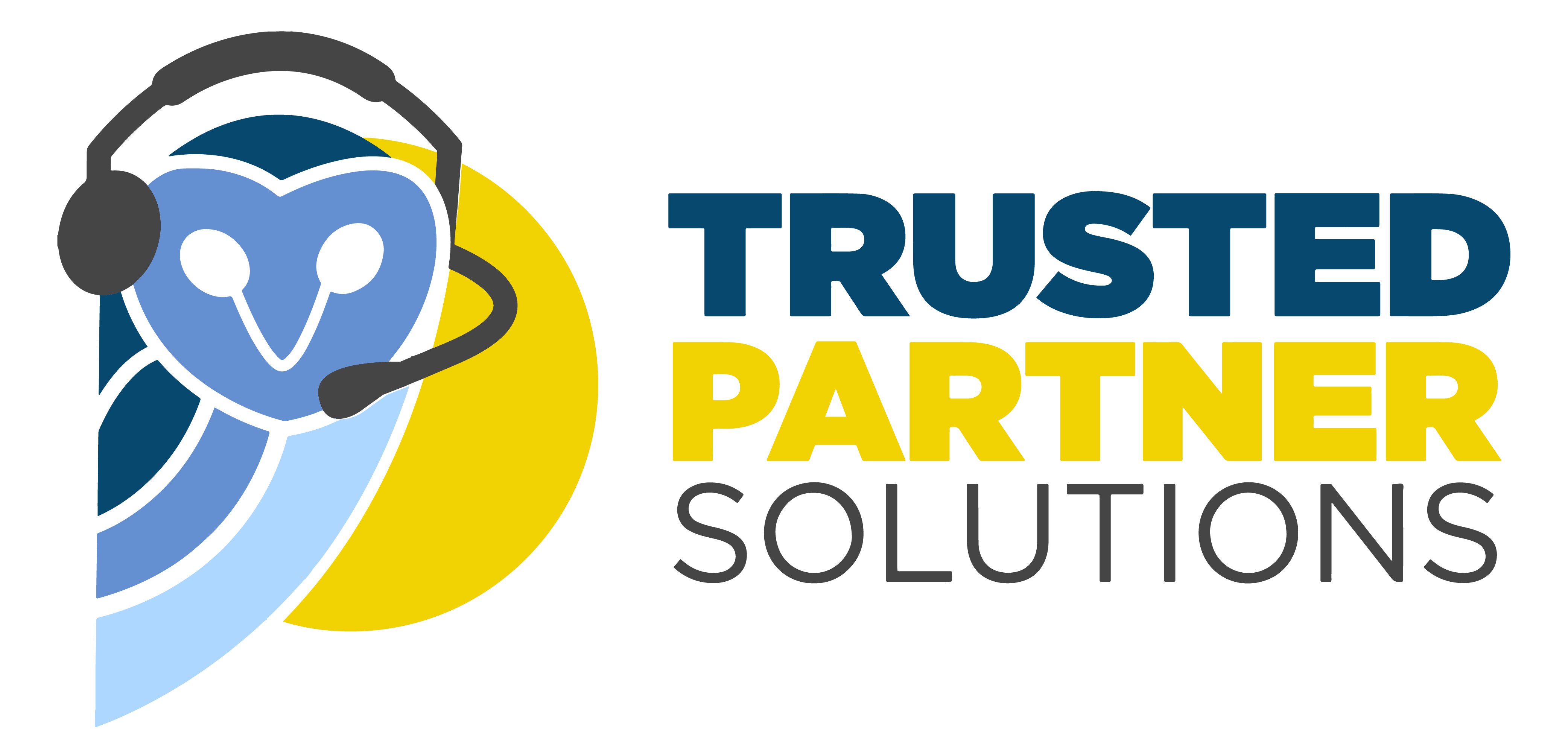
Looking to increase the effectiveness of your outsourcing strategy and measure its success? You’re in the right place!
This article discusses essential KPIs to help you track and evaluate your outsourcing efforts properly.
In this blog, we will discuss:
- Understanding KPIs in BPO
- 5 Important Outsourcing KPIs That You Must Monitor
- How To Establish Your KPIs Effectively
- Step by Step Guide to Monitor & Measure Outsourcing KPIs
- Final Thoughts
Key Takeaways
- KPIs or Key Performance Indicators are quantifiable measurements used to gauge an organization’s success at reaching particular goals.
- Through correctly defined KPIs, businesses can determine the best service providers, what aspects of the relationship can be improved, and act before an issue happens.
- Monitoring the right KPIs helps you to measure the efficiency and verify if your outsourcing partner is actually creating value to your business.
- Outsourcing work, and putting it up in clear benchmarks will make sure that you getting the requisite quality of work.
KPIs (Key Performance Indicators) can guide your way to know if your business is on the right road.
They help you measure success in outsourcing, and ensure that your external partners are delivering ROI. It’s not just about cost savings, it is about optimization and best outcomes too. However, you need the proper KPIs in place to do so.
In this guide, we break down the most critical KPIs for outsourcing, and provide easy ways to monitor and analyze them. Do this right, and you can maintain absolute alignment between your business goals and your partnerships.
Also read: The Benefits of Hiring Outsourced Executive Assistants
Understanding KPIs in BPO
KPIs or Key Performance Indicators are quantifiable measurements used to gauge an organization’s success at reaching particular goals.
In outsourcing, KPIs are the critical key performance indicators used in monitoring and evaluating the performance of third-party service providers.
Through them, businesses can measure their progress, pinpoint the aspects in need of improvement, and take data-backed actions. Through tracking the quality of service, efficiency and the overall value of the partnership with the vendor, KPIs also ensure that outsourcing relationships yield the intended result.
What is the Meaning of KPIs?
KPIs are concrete, quantifiable parameters that represent an organization’s critical success factors. It is a clean way to measure performance and progress towards achieving business objectives and agnostic.
Outsourcing KPIs tend to emphasize measures of cost savings, service quality, timeliness, customer and employee satisfaction, productivity and efficiency, compliance with contract terms, risk mitigation and reduction, and innovation.
What Is the Importance of KPIs in Outsourcing?
KPI is one of the most important aspects of outsourcing that helps in vendor and performance tracking.
Through correctly defined KPIs, businesses can determine the best service providers, what aspects of the relationship can be improved, and act before an issue happens.
They also offer clear benchmarks and standards that provide an objective means of measuring outsourcing engagements.
Also read: How Can Outsourcing Help Overcome Global Talent Shortage
5 Important Outsourcing KPIs That You Must Monitor
Monitoring the right KPIs helps you to measure the efficiency and verify if your outsourcing partner is actually creating value to your business.
Here are the five metrics to get tracking:
Measure Cost Savings
Outsourcing during a tough economy is very common, as it does cost money to run a business, and many companies opt to outsource to save some money and better their financial standing.
Cost savings is still the leading business imperative for outsourcing, named first by 34%. Measure decreased labor, operations, and overhead costs to determine whether outsourcing is a real cost saver, both in the short run and the longer term.
Track Operational Efficiency
So how do you know that outsourcing is making your process seamless? By measuring efficiency!
If you for example — outsourced logistics, then tracking delivery times and order fulfilment speed before and after the outsourcing can show huge improvements. Monitoring on these metrics helps you to identify the bottlenecks early, make necessary adjustments and keep everything in place.
Also read: HIPAA-Compliant Virtual Assistants: Everything You Need to Know
Check the Quality of Work
Cost savings are a good thing, but not at the expense of quality. Outsourcing work, and putting it up in clear benchmarks will make sure that you getting the requisite quality of work.
Similarly, for outsourced accounting, having indicators on the accuracy of financial statements will help identify any discrepancies that can be avoided from escalating into bigger problems.
Monitor Customer Satisfaction
Since your customers are the lifeblood of your business, their opinions count.
When clients influence the outsourcing, they not only improve customer experience but also hurt it. Track customer satisfaction and pain points (using surveys or feedback forms).
If you have a happy customer, you have a repeat customer, and that is what counts the most.
Ensure Contract Compliance
Your vendors should keep their word, or your outsourcing simply does not work.
Contract compliance KPIs keep a tab on your outsourcing partner, to a degree: whether or not they are performing according to the target in your business deal, whether or not they are fulfilling the delivery of service as per the wear and tear in their job, and whether or not they are adhering to industry regulations.
This guarantees accountability and empowers you to enforce contractual duties while staying on schedule.
Monitoring these five major KPIs means outsourcing partners have real value for your company and they are not short-lived.
Also read: Here’s How You Can Save Up to 70% in Labor Costs by Outsourcing
How To Establish Your KPIs Effectively
Monitoring the right KPIs is crucial to making outsourcing effective for your business.
This is how to establish useful KPIs in order to measure success:
KPIs That Align with Business Goals
Relate Your KPIs to the Bigger Picture of Your Company. Your KPIs should reflect those specific outcomes if you are outsourcing for efficiency or cost-cutting. KPIs tell you how outsourcing works when they relate to what your business wants to achieve.
Follow the SMART Framework
Ensure your KPIs are SMART: The first thing is:
- Be specific with what you are measuring.
- Be Measurable — Numbers, data to track progress
- Be Attainable – Goals should be realistic.
- Be RELEVANT – They must be aligned with your outsourcing goals.
- Be Timely – Always have deadlines to examine results over time. For instance, instead of stating, “Enhance customer support,” a SMART KPI would be, “Lower average response time from 5 minutes to 2 minutes in 3 months.
Think about the Nature of the Outsourcing
Not every type of outsourcing setup requires the same KPIs.
For instance, there as different KPIs in a call center than in an IT support team. Consider elements such as the complexity of your services, market norms and your business priorities.
That way, you will follow the correct dispersion for your outsourcing model.
Explore Benefits of Partnering with Your Service Provider
KPIs are effective especially when you and your outsourcing partner are aligned.
Include your vendor in the KPI discussions to ensure they are aware of your expectations and can provide guidance based on their knowledge. Communication helps align both parties on performance monitoring and accountability.
If you follow these steps, you will be able to build suitable KPIs that will provide you with transparency on outsourcing contributions to your business!
Also read: 5 Essential Tips for Hiring the Best Virtual Assistant for Your Business
Step by Step Guide to Monitor & Measure Outsourcing KPIs
The first step is setting KPIs, but tracking and analyzing them is where the magic happens.
Below are some simple ways to make it work by monitoring performance:
Use Automated KPI Dashboards
Using third-party tools, you can easily track and visualize your data in real-time which means, you can see the key metrics at the blink of an eye.
Be Regular With Performance Reviews
Implement check-ins with your outsourcing partner to discuss progress, ongoing issues, and goals.
Collect Customer Feedback
To evaluate customer contentment with external services, surveys and feedback forms are useful.
Track Time & Productivity
Tracking digital timesheets and work productivity tools provide insight into how long a task takes, which can help you assess productivity, efficiency, and also time spent on a project or task.
Benchmark Against The Industry
It allows you to compare your outsourcing performance with competitors to see how you stack up against industry standards.
When you examine KPIs together, you gain a holistic view of performance, enabling you to make informed decisions and adjust your outsourcing strategy accordingly.
Regular reporting also keeps your business and your outsourcing partner accountable, paving the way for right partnerships in the long run.
Also Read: Why Outsourcing Customer Service is the Smartest Move for Growing Your Business
Final Thoughts: Outsource Smarter, Not Harder
Tracking the right KPIs can help transform your business through outsourcing.
The right metrics give you focus and help you optimize performance, ensuring you get the most out of your outsourcing efforts, as well as ensuring that your outsourcing efforts are aligned to your goals.
We help your business reach definite objectives and secure tangible returns on outsourcing process with solutions that are tailor-made just for you only at OWL TPS.
We help you Save Cost and add efficiency to achieve top quality output. All set to get the most out of your outsourcing strategy?
Schedule a discovery call with us for free to discover how we can help you achieve success!




